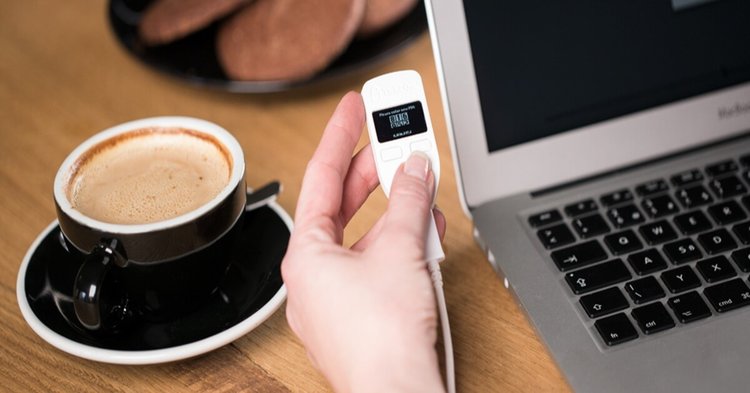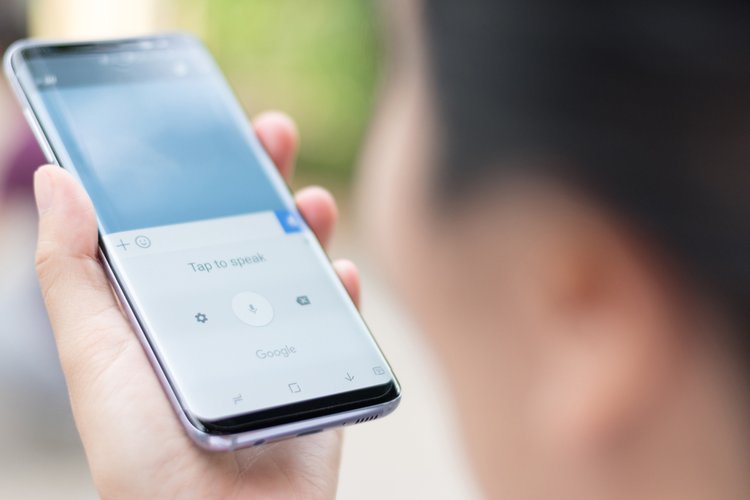A short guide for all the crypto tourists out there.
Thanks to the Internet and the emergence of cryptocurrencies, the borders between the countries have become even more eroded. With bitcoin, you can become a real digital vagabond, and not bother exchanging your euros or dollars for national currencies. Doesn’t buying beer for altcoins sound good? In any case, it’s vital to figure out how to correctly use crypto while traveling - and how to protect the finances while at it. Here are the top-10 tips from experienced tourists.
1. Get a hardware wallet for daily transactions when going on a trip
The 30-year-old Felix Weis from Luxembourg got himself a Trezor wallet and spent 18 months traveling the world. He was so worried about security that he went to the Czech Republic to get it personally. Weis is known for having visited 27 countries, paying only with bitcoins.
2. Keep savings in a multi-signature wallet
Money for everyday spendings should be kept in a hardware wallet, and savings - in a crypto wallet with a multi-signature function.
Brian Micon, a currency trader, and a traveler says: “What happens if you lose your phone? Do you have that wallet backed up properly? Do you want to take your Trezor with you or leave it home in the safe? We all remember what happened to Fluffy Pony when he took his on a boat!”
(Ricardo lost all the XRM savings, drowning the private keys written down on a piece of paper due to a crash.)
3. Use two-step authentication always and everywhere
The cryptocurrency community consists of technologically savvy people, and this can be both good and not so (when the aspiration for top security becomes fanatical).
However, it’s safer to use a two-step authentication for all important accounts, including bank accounts, email, and all social media networks. Laura Shin, a journalist and a podcast writer at Unchained and Unconfirmed, as well as a former employee at Forbes, believes that the two-factor authentication is needed absolutely everywhere, including, for example, in an account on eBay since the home address is stored in the system.
4. Create a Google Voice account associated with a secondary email address
This is a good tip for all travelers, but if you also use cryptocurrency, it’s especially important. Remember that your mobile and landline phones are very easy to track and trace back to you. Google Voice is an application that provides a free phone number for making calls and exchanging text messages.
5. Look for Bitcoin-friendly cities on CoinMap or other similar websites
If you want to travel and pay with bitcoin, it makes sense going to a place where many shops accept cryptocurrencies. On CoinMap there are lists of places that cover the entire world. True, we must bear in mind that the data on CoinMap is added by users, so that when planning a trip, it’s better to check out alternative sources of information.
The thing is that the cryptocurrency ecosystem is very flexible, and it's not just the price volatility, but also frequent changes in legislation. It would be a shame to plan a trip to Beijing, and then find out that cryptocurrency ATMs were just banned.
6. Book tickets and accommodations on CheapAir.com
Experts recommend using CheapAir or Distenia sites for booking flight tickets and accommodations through bitcoins. CheapAir has been selling tickets for cryptocurrency since 2013, and now even litecoins and dash are accepted.
7. Buy your travel insurance at Fizzy
Fizzy is a part of the French company AXA - and is currently in a beta stage, where you can buy air insurance in the form of a smart contract on a blockchain. Travel insurance is by default a headache for tourists, but thanks to Fizzy, blockchain insurance claims are filed automatically. Since cancellations and delays occur more often that we would like to admit, air travel insurance can be executed perfectly through the smart contract. Experts suggest that similar services will appear in other areas in the near future.
8. Be flexible when planning the route
Anas Almohammad, a 26-year-old crypto fan, living in Dubai books flights on CheapAir, but ends up needing to fly from the capital city of Abu Dhabi. The programmer was one of the early adopters of crypto and believes that small inconveniences should be dismissed as he thinks it’s important to encourage the development of cryptocurrencies.
9. Get acquainted with cryptocurrency enthusiasts
Communicate with any experienced users of cryptocurrencies and they will all talk about the meaning of the crypto community. It could be compared to being in a close knit yoga group. The online community can also help travelers to feel like they are at home regardless of where they are in the world, being it Spain, the UK or Thailand.
10. Meet other users to change cryptocurrencies directly
Felix Weis travels exclusively with bitcoin and relies on community members to exchange the crypto - he searches for them on the LocalBitcoins website and changes BTC into fiat currencies and other goods.






